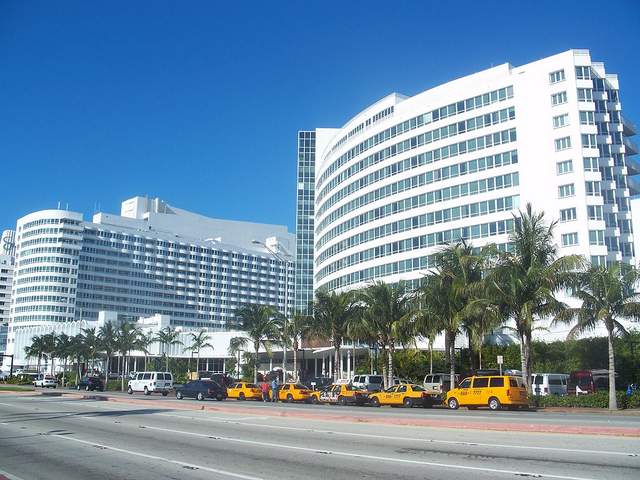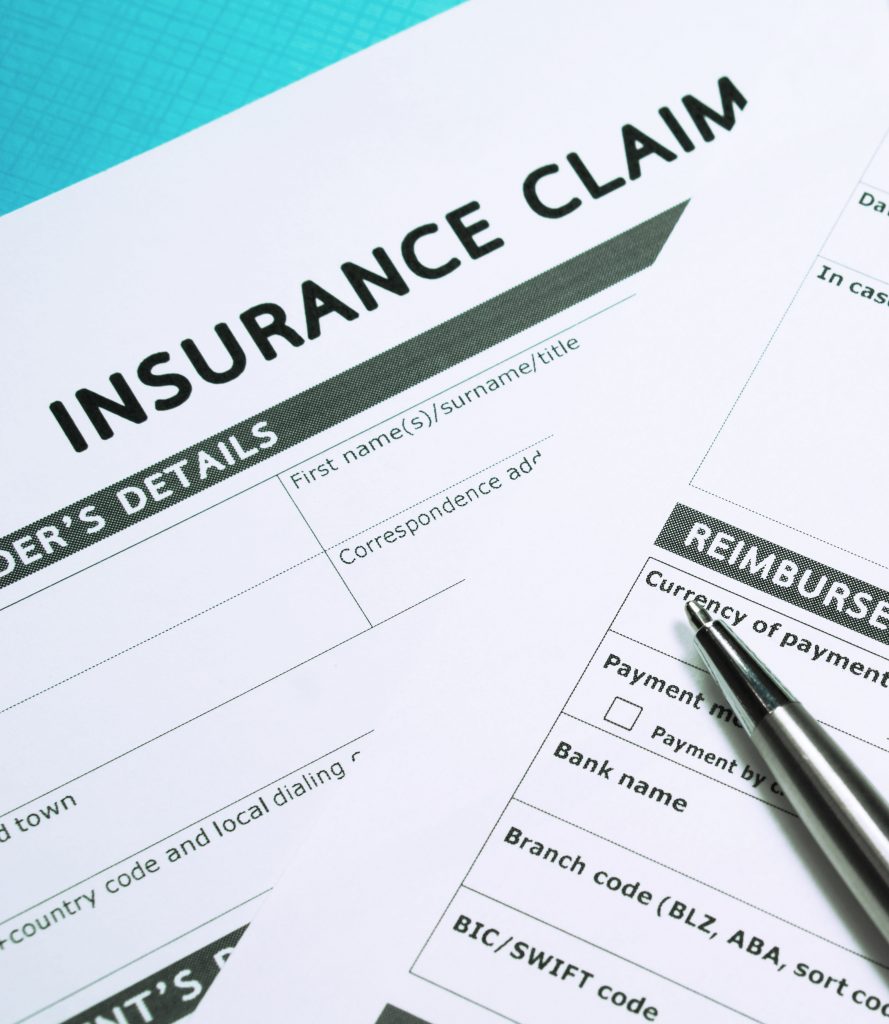Paralysis from Car Accident: A Devastating Roadblock
Car accidents can leave a lasting and grim imprint on one’s life, with paralysis being one of the most devastating outcomes. It’s a brutal reality that can shatter lives, leaving victims grappling with a profound loss of mobility and independence. Paralysis from a car accident is a life-altering blow, casting a long shadow over the future. It demands prompt medical intervention, extensive rehabilitation, and a profound adjustment to life as one knew it.
Paralysis following a car accident can stem from severe spinal cord injuries. The spinal cord, the central information highway of the nervous system, is a delicate structure housed within the protective vertebrae of the spine. When subjected to the violent forces of a car crash, the spinal cord can sustain damage, resulting in partial or complete paralysis.
The extent and severity of paralysis vary depending on the location and degree of spinal cord injury. Paralysis can affect motor function, sensory perception, and autonomic functions such as bladder and bowel control. Victims may experience weakness or complete loss of movement in their limbs, trunk, or face. Paralysis can also lead to chronic pain, respiratory issues, and other secondary complications.
Navigating life with paralysis from a car accident is an arduous journey. It requires resilience, determination, and a support system to provide emotional and practical assistance. Physical therapy, occupational therapy, and other rehabilitation interventions play a crucial role in maximizing recovery and restoring function. Assistive devices, such as wheelchairs, braces, and adaptive equipment, can enhance mobility and independence.
Understanding Legal Remedies
Victims of paralysis from car accidents may be eligible for legal remedies to help cover medical expenses, lost wages, and other damages. Seeking legal advice can provide guidance on pursuing compensation from at-fault drivers, insurance companies, or other responsible parties. Legal action can help victims secure the financial support they need to navigate the challenges of living with paralysis.
Emotional and Psychological Impact
Paralysis from a car accident is not just a physical trauma; it also takes a significant emotional and psychological toll. Victims may grapple with feelings of loss, grief, and anger. Depression, anxiety, and post-traumatic stress disorder (PTSD) are common challenges. Seeking professional counseling and support groups can provide a safe space for processing emotions and developing coping mechanisms.
Adjusting to life with paralysis can be an ongoing process, marked by both triumphs and setbacks. There will be moments of frustration and discouragement, but there will also be moments of inspiration and progress. With a strong support system, determination, and access to appropriate resources, individuals can find ways to live fulfilling and meaningful lives despite the challenges they face.
Paralysis from Car Accidents: A Life-Altering Impact
Every year, countless lives are forever altered by the devastating consequences of car accidents. Among the most severe and life-changing injuries is paralysis, which, in the aftermath of a collision, can leave victims struggling with profound physical and emotional challenges.
Types of Paralysis
Paralysis after a car accident can manifest in various forms, each with its unique severity and impact. Let’s delve into the different types of paralysis and explore their implications.
Temporary Paralysis
Temporary paralysis, also known as transient paralysis, arises from the initial trauma of the accident and usually subsides within hours or days. It can affect a specific body part or the entire body, depending on the extent of the injury. Temporary paralysis serves as a warning sign that necessitates immediate medical attention, as it may indicate more serious underlying damage.
Monoplegia
Monoplegia refers to paralysis that affects a single limb, typically an arm or a leg. This type of paralysis can result from damage to the nerves or the spinal cord that controls movement in that specific limb. Monoplegia can have a significant impact on daily activities, hindering movement and coordination.
Hemiplegia
Hemiplegia involves paralysis on one side of the body. It arises from damage to one hemisphere of the brain, affecting both the arm and the leg on the same side. Hemiplegia can lead to mobility impairments, balance issues, and difficulties with speech and language.
Paraplegia
Paraplegia is a form of paralysis that affects the lower half of the body, including both legs. It originates from an injury to the spinal cord in the thoracic or lumbar region. Paraplegia can result in significant limitations in mobility, necessitating the use of a wheelchair or other assistive devices.
Quadriplegia
Quadriplegia represents the most severe form of paralysis, affecting all four limbs and the trunk. This type of paralysis occurs when the spinal cord is injured at the cervical level. Quadriplegia drastically impacts mobility, breathing, and other essential bodily functions, often requiring round-the-clock care and extensive rehabilitation.
Paralysis from Car Accident
Paralysis following a car crash is a life-altering injury with long-lasting effects. It can stem from damage to the spinal cord, nerves, or brain, permanently impairing motor function. The extent and severity of paralysis vary depending on the nature and location of the injury.
Causes of Paralysis
The primary causes of car accident-related paralysis include:
- Spinal Cord Injuries: The spinal cord is a crucial nerve pathway that transmits messages between the brain and the rest of the body. Damage to the spinal cord, such as a severed or compressed cord, can disrupt these signals, leading to paralysis.
- Nerve Damage: Nerves transmit signals to and from the spinal cord and brain. Damage to peripheral nerves, which connect the spinal cord to muscles and organs, can result in paralysis if the nerve pathways are disrupted.
- Brain Trauma: Severe head injuries can affect areas of the brain responsible for motor control. Damage to the brain stem, cerebellum, or motor cortex can cause paralysis by impairing the brain’s ability to send and receive signals related to movement.
Types of Paralysis
Paralysis resulting from a car accident can manifest in various forms:
- Monoplegia: Paralysis affecting a single limb, such as an arm or leg.
- Hemiplegia: Paralysis affecting one side of the body, either left or right.
- Paraplegia: Paralysis affecting both legs and the lower body.
- Quadriplegia: Paralysis affecting all four limbs and the upper and lower body.
Recovery and Rehabilitation
Recovering from paralysis after a car accident is a complex and challenging journey. Rehabilitation typically involves a combination of therapies, including physical therapy, occupational therapy, and speech therapy. The goal of rehabilitation is to restore function, improve mobility, and maximize independence.
The extent of recovery varies significantly depending on the severity and location of the injury. With dedicated rehabilitation efforts and support, individuals can make significant progress in regaining function and adapting to their new circumstances.
Paralysis from Car Accident
Car accidents are a leading cause of paralysis, a condition that can have a devastating impact on an individual’s life. Paralysis can affect sensation, movement, and coordination, making it difficult or impossible to perform everyday tasks. If you or someone you know has been involved in a car accident and is experiencing symptoms of paralysis, it is important to seek medical attention immediately. The sooner treatment is received, the better the chances of recovery.
Symptoms of Paralysis
The symptoms of paralysis can vary depending on the location and severity of the injury. However, some common symptoms include:
- Loss of sensation in the affected area
- Weakness or difficulty moving the affected area
- Impaired coordination and balance
- Difficulty with speech and swallowing
- Bladder and bowel incontinence
If you are experiencing any of these symptoms, it is important to seek medical attention immediately. Paralysis can be a serious condition, and early treatment is essential to maximize the chances of recovery.
Treatment for Paralysis
The treatment for paralysis will vary depending on the location and severity of the injury. However, some common treatments include:
- Medication to reduce inflammation and pain
- Physical therapy to improve range of motion and strength
- Occupational therapy to help with daily activities
- Surgery to repair damaged nerves or spinal cord
The goal of treatment is to help the individual regain as much function as possible. With proper treatment, many people with paralysis are able to live full and active lives.
Preventing Paralysis from Car Accidents
There is no surefire way to prevent paralysis from car accidents. However, there are some things you can do to reduce your risk, such as:
- Always wear your seatbelt
- Drive defensively and obey the speed limit
- Avoid driving under the influence of alcohol or drugs
- Be aware of your surroundings and other drivers
By following these tips, you can help reduce your risk of being involved in a car accident and suffering from paralysis.
Paralysis From Car Accident
Paralysis is a serious condition that can result from a car accident. It can be caused by damage to the spinal cord or brain, and it can affect movement, sensation, and bodily functions. Paralysis can be temporary or permanent, and the severity of the condition can vary.
Symptoms of Paralysis
The symptoms of paralysis can vary depending on the severity and location of the injury. Some common symptoms include:
– Weakness or numbness in the arms or legs
– Difficulty with movement
– Loss of sensation
– Inability to control bodily functions, such as urination or defecation
– Difficulty breathing
Treatment for Paralysis
Treatment for paralysis after a car accident depends on the severity and cause. Treatment may include surgery, medication, and physical therapy.
Surgery
Surgery may be necessary to repair damage to the spinal cord or brain. Surgery can also be used to relieve pressure on the spinal cord or brain.
Medication
Medication may be used to manage the symptoms of paralysis. Medication can help to relieve pain, muscle spasms, and other symptoms.
Physical Therapy
Physical therapy can help to improve range of motion, strength, and coordination. Physical therapy can also help to prevent complications, such as pressure sores and contractures.
Recovery from Paralysis
Recovery from paralysis can be a long and challenging process. The time it takes to recover varies depending on the severity of the injury. With proper treatment and support, many people with paralysis are able to regain some function and improve their quality of life.
Paralysis from Car Accidents: A Life-Altering Injury
Car accidents can have devastating consequences, leading to severe injuries, including paralysis. Paralysis resulting from a car accident can disrupt a person’s life physically and emotionally, affecting their mobility, independence, and well-being.
Paralysis severity varies from temporary numbness to complete loss of function. It can involve a specific body part, such as an arm or leg, or it can affect the entire body. The extent of paralysis depends on the nature of the injury to the spinal cord or brain.
If you or someone you know has suffered paralysis from a car accident, it’s crucial to seek medical attention immediately. Prompt diagnosis and treatment can help minimize the severity of the injury and improve chances of recovery.
Rehabilitation after Paralysis
Rehabilitation is a cornerstone of recovery for individuals with paralysis. It aims to restore function, maximize mobility, and foster independence. Rehabilitation typically involves a multidisciplinary team of healthcare professionals, including physical therapists, occupational therapists, and speech therapists.
Physical therapists focus on improving range of motion, strength, and coordination. Occupational therapists assist with everyday activities like dressing, eating, and grooming. Speech therapists help with communication, swallowing, and cognitive function.
Coping with Paralysis
Coping with paralysis requires resilience, support, and a positive mindset. Seeking emotional support from family, friends, or a support group can provide solace and strength. Engaging in hobbies and activities that bring joy can help maintain a sense of purpose and well-being.
Assistive devices, such as wheelchairs, canes, or adaptive technology, can enhance mobility and independence. It’s important to explore different options and find what works best to suit individual needs.
Legal Considerations
In the case of paralysis resulting from a car accident, legal considerations may arise. Consulting with an attorney can help determine liability, seek compensation for damages, and ensure access to necessary medical care and rehabilitation services.
Understanding the legal options available can protect the rights of those affected by paralysis and provide financial support for ongoing care and treatment.
Paralysis from Car Accident: A Life-Altering Injury
Paralysis is a devastating injury that can result from a car accident. It can affect any part of the body, from the neck down, and can range in severity from temporary to permanent. When paralysis strikes, it not only impacts the victim physically but also emotionally, financially, and socially.
Legal Considerations
Paralysis from a car accident may involve legal implications, including compensation and support for victims and their families. Navigating the legal system after such a traumatic event can be overwhelming. Victims may be entitled to compensation for medical expenses, lost wages, and pain and suffering. An experienced attorney can guide them through the process, ensuring they receive fair treatment and the support they need.
Insurance and Compensation
Insurance plays a crucial role in providing financial support for victims of paralysis. The at-fault driver’s insurance policy may cover medical costs, lost income, and other expenses. Victims may also be eligible for Social Security disability benefits and other government assistance programs.
Medical Treatment and Care
Paralysis requires extensive medical treatment and care. Victims may need surgery, rehabilitation therapy, and medications to manage their condition. Ongoing medical care can be costly and time-consuming, placing a significant financial burden on families.
Emotional and Psychological Impact
The emotional and psychological impact of paralysis is profound. Victims may experience grief, anger, anxiety, and depression. They may struggle to adjust to their new reality and may withdraw from social activities. Professional counseling and support groups can help them cope with these challenges.
Social and Vocational Implications
Paralysis can have a significant impact on a victim’s social and vocational life. They may need to make lifestyle changes, such as modifying their home or using assistive devices. They may also face discrimination or prejudice from others. Vocational retraining or part-time work may be necessary to maintain financial stability.
Coping with Paralysis
Coping with paralysis is a lifelong journey. It requires resilience, adaptability, and a strong support system. Victims may find solace in connecting with others who have experienced similar injuries, such as through support groups or online communities. They can also draw inspiration from role models who have overcome adversity and lived fulfilling lives with paralysis.





Leave a Reply